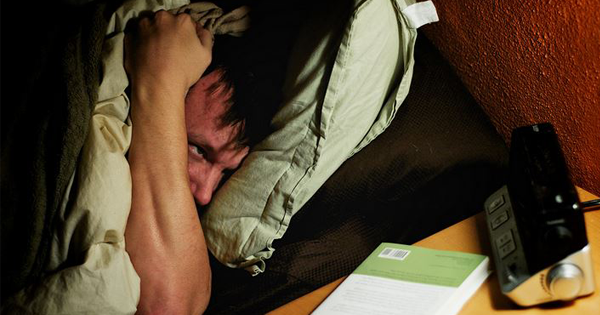Have you ever suffered through a week of insomnia for absolutely no reason? Lack of sleep can truly ruin your entire day—or week—but it’s hard to know how to handle it if you can’t pinpoint what’s causing it to happen.
If you’ve been having troubles sleeping and you know it can’t possibly be caused by a lifestyle change, this just might not be your sleep season.
It’s true—changes in temperature, atmospheric pressure, humidity, and precipitation all have a unique influence on the way we sleep.
Here are a few common seasonal changes that may be affecting your sleep, and how you can prepare your body for them:
- Cool Air Helps You Sleep: When you start feeling sleepy, your internal temperature naturally dips and doesn’t start to rise again until just a few hours before you wake up. To help your body get into sleep mode, you can try keeping your bedroom at a cool 60 to 70 degrees before you get in bed. You can amplify the effects of this nightly temperature drop by taking a hot shower right before retreating to your cool bedroom.
- Humid Air Makes It Harder To Sleep: If cool, dry air makes it easier to sleep, then it only makes sense that hot, humid air makes it more difficult. And it’s really not all that hard to see why. Nothing sounds less comfortable than being sweaty, sticky, and hot all night! While you can’t change the weather, you can change the temperature inside your bedroom. Sleep with the air conditioner on or windows open to take advantage of the nighttime breeze. Another tip is to avoid eating right before bed, as digestion naturally increases body temperature.
- Shorter Days Affect Biochemistry: When we see less sunlight throughout the day in fall and winter, it’s hard to get the daily dose of vitamin D we all need. Vitamin D is extremely important for building strong muscles and bones. It also plays a major role in the production of the feel-good hormone serotonin. Many researchers believe that people often feel more depressed and fatigued in the winter months because they aren’t getting enough vitamin D. Because of this, low vitamin D levels can make you feel extra drowsy during the day. In fact, changes in light-dark cycles may affect your body’s natural release of melatonin. So, if it’s already dark at 5 p.m., your body will start to think it’s time for bed. When you try to go to sleep later, your body can become confused and keep you up at night. The only way to really get the vitamin D you need is to go outside whenever you can, even if it’s just for a few minutes.
Do you think you sleep better/worse during certain seasons? Tell us in the comments!
Photo Copyright © 2009 bark/Flickr





